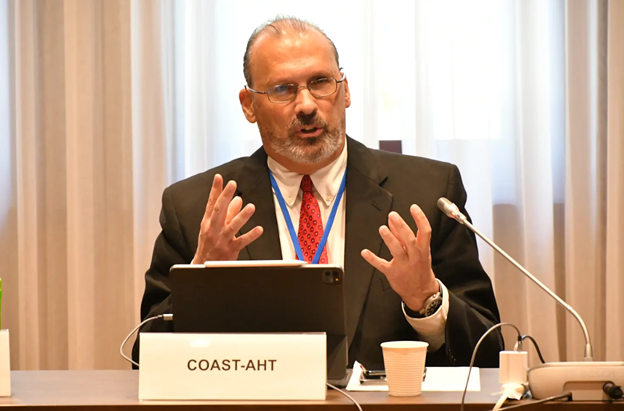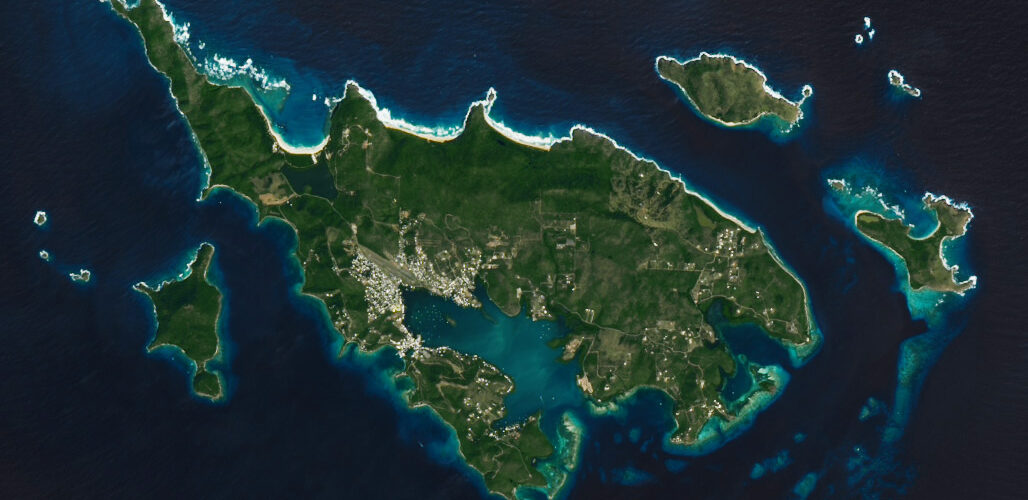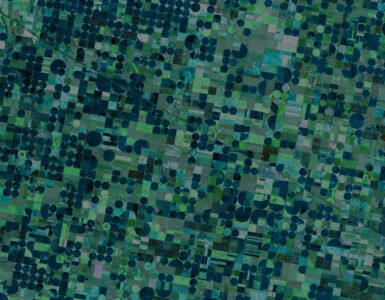The Coastal Observations, Applications, Services and Tools (COAST) Ad Hoc Team was approved to transition to a permanent Virtual Constellation (VC) during the SIT-39 meeting held in Tokyo, Japan, due to its success in carrying out its mission and its added value to developing and demonstrating new collaborative coastal products for the remote sensing community.
Since inception in late 2019, COAST-VC has been co-led by the United States’ National Oceanic and Atmospheric Administration’s (NOAA) Paul DiGiacomo and the Indian Space Research Organisation’s (ISRO) Rashmi Sharma and well supported by Merrie Beth Neely (Global Science & Technology). With the advent of becoming a VC, COAST welcomes France’s Centre National d’Etudes Spatiales (CNES) Aurelien Carbonniere as a third co-lead. Terms of Reference and Implementation plan are now posted on the updated COAST VC webpage. COAST is also CEOS’ contribution to the UN Ocean Decade.
 NOAA/NESDIS/STAR’s Paul DiGiacomo presents the COAST Ad Hoc Team proposal to transition to a VC at the SIT-39 meeting from April 9-11, 2024 in Tokyo, Japan.
NOAA/NESDIS/STAR’s Paul DiGiacomo presents the COAST Ad Hoc Team proposal to transition to a VC at the SIT-39 meeting from April 9-11, 2024 in Tokyo, Japan.
With this transition, COAST-VC will encourage broader utilization of Earth observations and other CEOS capabilities for societal benefits within coastal zones. As emphasized in the mission statement: “The focus of COAST-VC remains the user-driven value chain, to facilitate targeted work and engagement on priority coastal observations and applications within CEOS, addressing the identification, extension/expansion, integration and transformation of multi-sensor observations into fit-for-purpose information supporting existing and emerging stakeholder requirements.”
Both co-design of new product development and collaboration across the breadth of other CEOS-VCs and Working Groups on common interest work areas and challenges are central to COAST’s approach., COAST-VC can help realize “downstream” synergistic benefits from integrating across parameter-focused VCs in a trans-parameter, ecosystem-based approach through trans-boundary work across the land-sea interface, and perhaps most importantly, facilitate a trans-disciplinary approach by bridging the environmental and social sciences to realize valuable societal outcomes and benefits for the coastal zone. Forthcoming efforts will focus on Blue Carbon, as well as extending current products to high-latitude regions such as the Arctic.
COAST-VC, through its cross-cutting nature, emphasizes collaboration across WGs and VCs. Most recently, COAST-VC collaborated with WG Climate to update the status of a coastal element within the GCOS 2022 Implementation Plan, and, under ISRO’s leadership, spearheaded the ambitious agenda of invited speakers and discussion of the Coastal SST workshop held on June 14, 2024 at the 2024 GHRSST meeting in Montreal. COAST also contributed a representative to WGISS efforts updating the Interoperability Handbook 2.0.
COAST relies heavily on the CEOS Analytics Lab (CAL) for product development and testing, and is an engaged early adopter and enthusiastically supports the CEOS System Engineering Office’s CAL training opportunities. COAST also continues to center stakeholder co-design in our approach, with new product demonstrations planned of the Habitat Suitability Index and Submerged Aquatic Vegetation products with Chesapeake Bay researchers next month.
Looking ahead to 2025, COAST-VC is striving to enable a UN Ocean Decade training opportunity and will kick off collaboration with another Decade activity, CoastPredict. COAST-VC is also excited by potential coastal product advancement opportunities from the Space for Climate Observatory Coastal Digital Twin Initiative, co-led by CNES, NASA, and NOAA.
The team continues to be energized in this coastal work, and welcome members from all CEOS agencies. Please email any COAST-VC co-lead to be added to the meeting invitation list. Congratulations to the COAST-VC co-leads and all members for this achievement!
by the COAST-VC co-leads on behalf of all members





